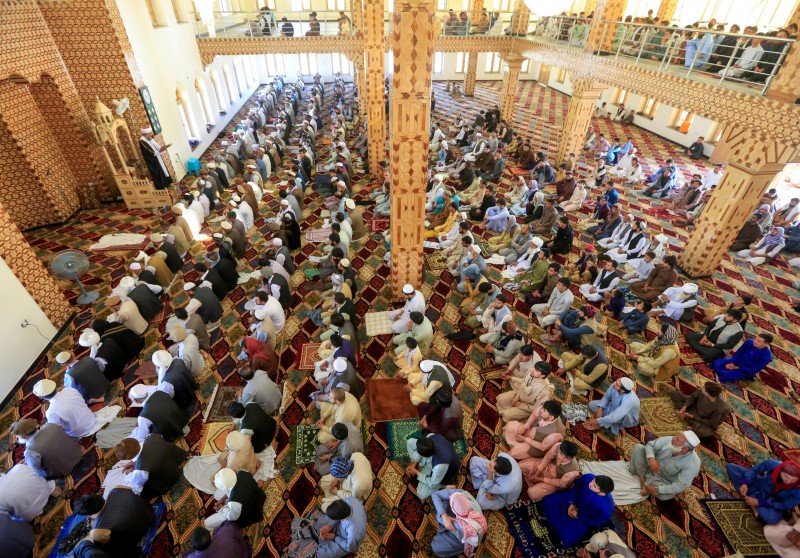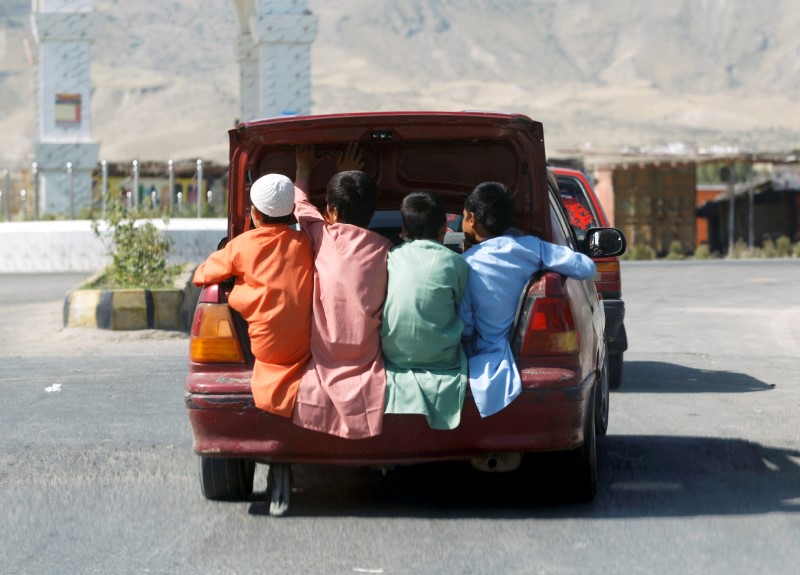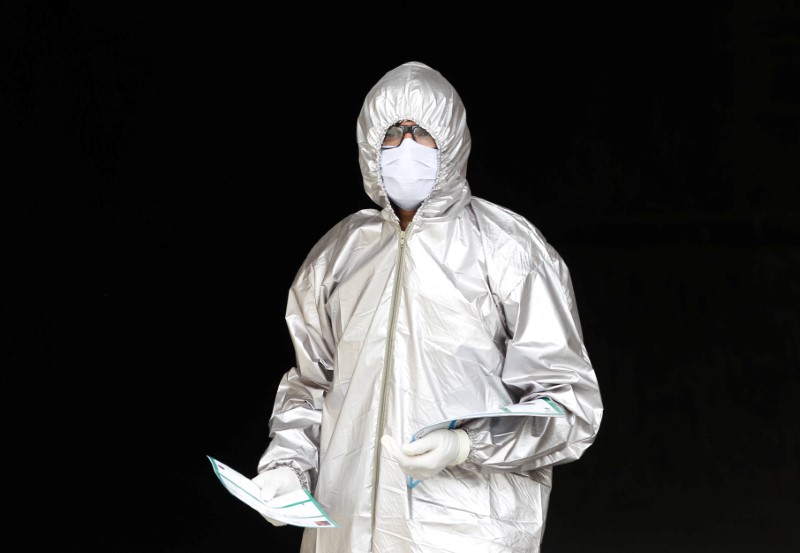KABUL (Reuters) – Fewer than one in 10 of coronavirus test samples collected daily in Afghanistan are being processed, officials said on Tuesday, and of those more than 30% are consistently testing positive, suggesting a high and hidden number of infections.
The official number of COVID-19 cases in Afghanistan is relatively low, with 16,509 confirmed infections and 270 deaths. But that is out from 40,950 tests processed in a population of more than 37 million.
Deputy Health Minister Feda Mohammad Paikan told Reuters the ministry can process only 1,300 to 1,500 of around 20,000 samples each day, due to limited equipment and processing facilities.
There is no exact number for the total number of samples taken to date. Paikan said the untested samples were coded and kept in freezers.
“We process the samples based on how soon we receive them so basically it is by turn,” he told Reuters.
According to health ministry data, an average of 1,500 tests are processed daily and around 500 test positive.
On Tuesday, 759 tested positive from 1,322 cases processed.
Afghanistan, beset by decades of conflict, a virtually non-existent healthcare system, malnutrition and other vulnerabilities, is facing a potential disaster, another deputy health minister warned.
“Every street will witness dead bodies,” said Wahid Majroh, if people do not heed safety warnings such as social distancing.
Afghanistan has only about 172 hospitals and four doctors per 10,000 people, according to a 2019 government report. The healthcare system is dependent on millions of dollars in foreign donor aid.
The country recently reopened businesses after nearly two months of restrictions. The government has urged people to observe safety protocols, but only few in the teeming markets of Kabul have been seen following instructions.
Doctors had previously told Reuters the government has not made accurate data about COVID-19 cases public and many hospitals were on the verge of being overrun.
(Reporting by Orooj Hakimi in Kabul; Writing by Hamid Shalizi; Editing by Gibran Peshimam and Nick Macfie)























